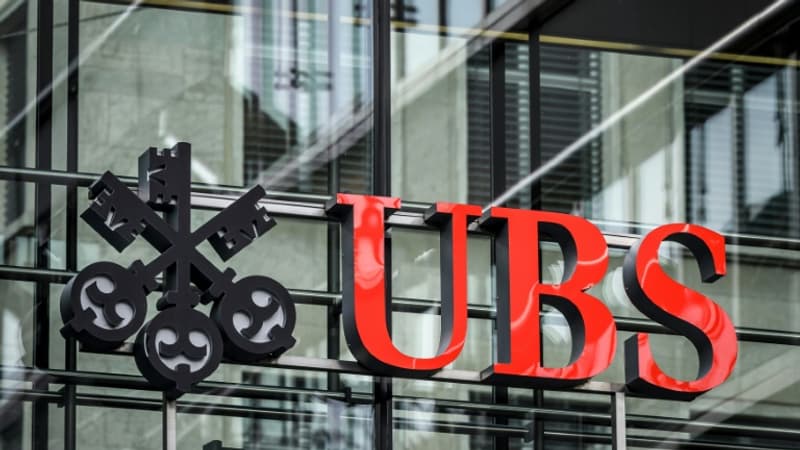Brussels on Thursday approved the takeover of troubled bank Credit Suisse by Swiss bank UBS, saying the merger does not raise competition concerns in Europe. The European Commission said that “the merger would not significantly reduce competition” in the investment banking and financial services markets. “The combined entity will continue to face significant competitive pressure from numerous competitors,” it said in a statement.
On March 19, UBS agreed, under pressure from the Swiss authorities, to buy his compatriot for 3 billion Swiss francs and with strong financial guarantees from the federal government and the central bank. Without this bailout, Credit Suisse was at risk of becoming insolvent. Weakened by a series of scandals, the establishment had been in crisis for two years, but things accelerated when investors, shaken by the bankruptcy of Silicon Valley Bank in the United States, sold off the securities of the second largest Swiss bank.
Institutions with very similar profiles
The operation was notified on April 26 to the European Commission, guardian of competition in the EU. UBS also announced in late April that it expected to complete the acquisition by the end of June. The two establishments have very similar profiles. They are global groups, with 72,597 employees at UBS and 50,480 at Credit Suisse. UBS is the world’s number one wealth manager. Last year, the international branch of this activity alone contributed about 15% of its 34.5 billion dollars in turnover.
But wealth management is also one of Credit Suisse’s strengths, neck-and-neck with US-based Morgan Stanley for second place on the podium. Investment banking accounts for 25.2% of UBS’s turnover, compared to almost 20.6% for Credit Suisse, with many similar activities, such as advising on mergers and acquisitions.
Source: BFM TV


